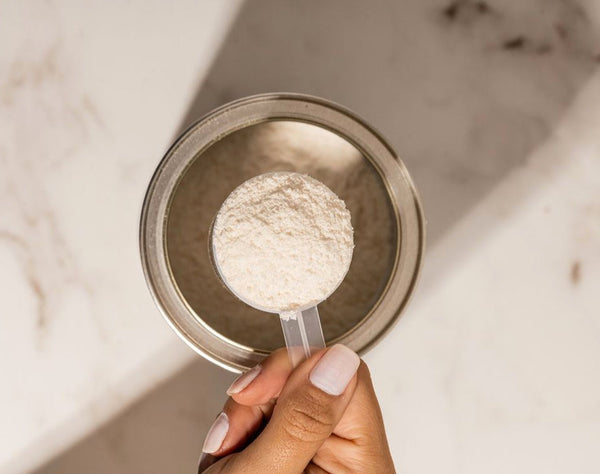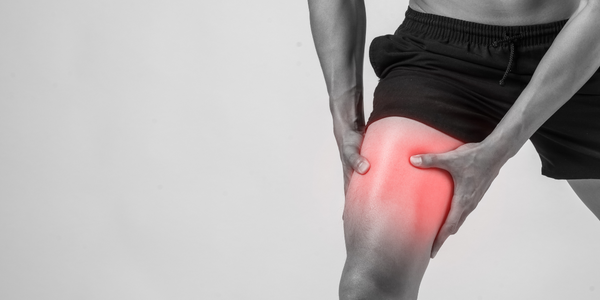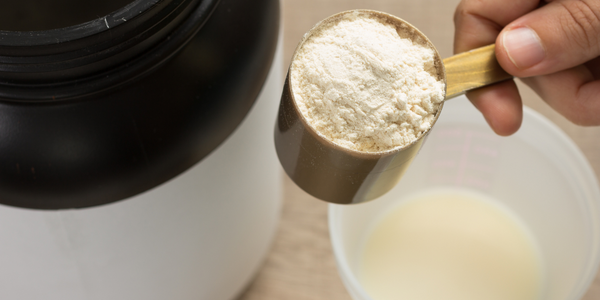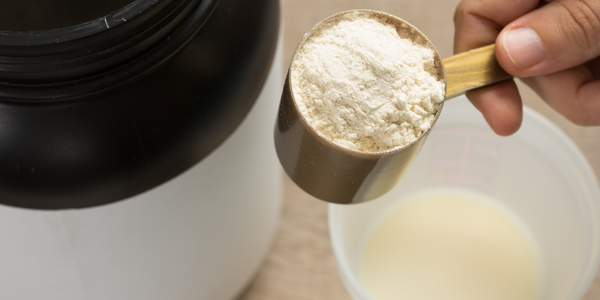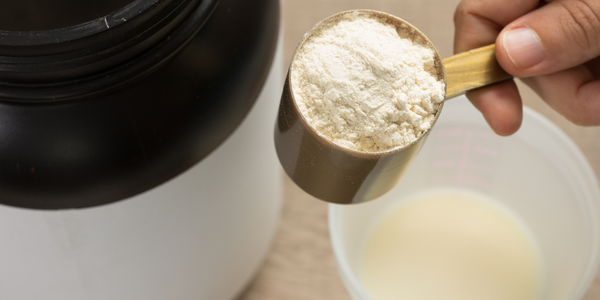High-protein diets have risen in popularity, with many seeking them out as an effective way to lose weight. But what exactly makes protein so effective when it comes to weight management? Studies suggest that protein not only helps control hunger and increase metabolism, but it also helps retain muscle mass during fat loss. In this blog, we’ll take a closer look at how a high-protein diet can contribute to successful and sustainable weight loss.
What is a High-Protein Diet?
A high-protein diet is one that prioritizes protein as a primary macronutrient, with a larger percentage of daily calorie intake coming from protein compared to carbohydrates and fats. While the general recommendation suggests protein should account for about 10-15% of total calories, a high-protein diet typically includes 25-35% of daily calories from protein. This shift in macronutrient focus can support various health benefits, particularly for those aiming to lose weight, build muscle, or improve metabolic health.
Examples of High-Protein Diets:
-
Ketogenic Diet: This low-carb, high-fat diet also includes a moderate amount of protein, making it effective for weight loss and improved metabolic function.
-
Paleo Diet: Aiming for a more natural, whole-foods approach, the paleo diet encourages protein from sources like lean meats, fish, and plant-based options, excluding processed foods.
-
High-Protein Meal Plans: These customizable plans are designed to include protein-rich foods such as eggs, chicken, beans, tofu, and other nutrient-dense sources to meet individual health goals.
Common Protein Sources:
-
Plant-Based: Lentils, chickpeas, quinoa, nuts, seeds, tofu, and tempeh offer excellent protein for vegetarians and vegans.
-
Animal-Based: Eggs, chicken, fish, turkey, Greek yogurt, and cottage cheese are rich in complete proteins, providing all the essential amino acids.
Incorporating a variety of these protein-rich foods into your diet can help optimize muscle growth, aid weight loss, and improve overall body composition.
Protein Intake and Weight Loss
Consuming an adequate amount of protein throughout the day can have a profound impact on your weight loss journey by curbing hunger, increasing calorie burn, and reducing cravings. Let’s explore how protein influences weight loss and how it can support your efforts in achieving and maintaining a healthy weight.
Increases Satiety
One of protein’s most notable benefits is its ability to make you feel full for longer periods. High-protein meals reduce levels of the hunger hormone ghrelin while boosting peptide YY, a hormone that signals fullness. This combination helps curb appetite and reduces overall calorie consumption throughout the day.
For instance, a breakfast rich in protein, like scrambled eggs with spinach, can prevent mid-morning hunger pangs better than a carb-heavy meal like sugary cereal.
Boosts Metabolism
Protein has a high thermic effect of food (TEF), which means your body burns more calories digesting protein compared to carbs or fats. This increased energy expenditure contributes to a higher overall metabolic rate. In fact, studies suggest that diets higher in protein can lead to an extra calorie burn of 80-100 calories per day.
Preserves Lean Muscle Mass
When you’re trying to lose weight, it’s not just about shedding fat; preserving muscle mass is equally important. Protein plays a crucial role in maintaining lean muscle, especially when paired with resistance training. Muscle retention ensures your metabolism stays robust, as muscles burn more calories at rest than fat.
Reduces Cravings and Late-Night Snacking
Protein’s impact on blood sugar levels can help stabilize energy throughout the day, reducing cravings for sugary or high-fat foods. Additionally, a protein-rich dinner, supplemented with a high-quality protein shake can prevent late-night snacking by keeping you full and satisfied until bedtime.
Ways to Incorporate Protein into Your Diet
The Indian Council of Medical Research (ICMR) recommends an average daily protein intake of 0.8-1 gram per kilogram of body weight for sedentary individuals. For those aiming for weight loss, this can be increased to 1.2-2 grams per kilogram of body weight.
For example:
-
A sedentary person weighing 60 kilograms should consume 48-60 grams of protein daily.
-
Someone engaging in physical activity or aiming for weight loss may need 72-120 grams of protein daily.
Easy High-Protein Meal and Snack Ideas
-
Breakfast: Scrambled eggs with avocado and whole-grain toast or moong dal chilla with paneer filling
-
Snack: Greek yogurt with a handful of almonds or curd with roasted chana and mixed seeds
-
Lunch: Grilled chicken salad with quinoa and a mix of vegetables.
-
Dinner: Grilled salmon with steamed broccoli and sweet potatoes or paneer tikka with mixed vegetable stir-fry and quinoa
-
Quick snacks: Hard-boiled eggs, protein shakes, roasted chickpeas, boiled chana chaat, or a handful of mixed nuts.
Safety Tips
-
Drink plenty of water to support kidney function and digestion.
-
Pair protein with fiber-rich foods like vegetables and whole grains to enhance nutrient intake.
Remember, a high-protein diet can be a game-changer for weight loss when followed correctly. It helps control hunger, boosts metabolism, and preserves muscle mass, making it an effective and sustainable approach. Beyond weight management, protein supports energy, immunity, and overall well-being.
For best results, aim for a balanced diet that incorporates a variety of high-protein foods alongside other essential nutrients. Including a high-quality protein supplement can be a convenient option to meet your daily protein needs, especially for those with busy lifestyles or higher protein requirements.














